In this section, you will learn about Cockatiel health and diseases.. Like humans, prevention is better than cure, therefore make sure you feed your birds a healthy, varied diet.
Here is information on how to keep your bird healthy and the most common problems that could affect your birds. Importantly, I have included causes, symptoms, remedies and prevention.
Cockatiel Health and Diseases
Learning about Cockatiel health and diseases is vital so that you can prevent it. Sometimes treatment is easy, sometimes not.
Below are some of the most common health problems that occur with Cockatiels. You will learn some guidelines on how these diseases are prevented. Therefore I have also explained symptoms and treatment.
Protozoal Infections
a.) Cause and Effect
Trichomonas and Giardia are common protozoal infections which usually occur during the breeding process.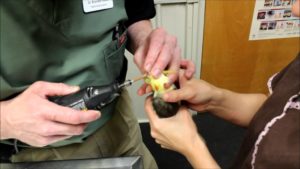
b.) Signs and Symptoms
These protozoa usually target the intestines and digestive tract of the birds. Subsequently, this can then cause diarrhoea. If you think that your bird’s faeces are sticky rather than loose this could be a sign that your bird is infected. As a precaution, you should take her to a veterinarian for a consultation.
c.) Treatment and Remedy
The treatment for birds infected usually consists of several anti-parasitic medicines. These are available from the vet. Your vet will probably suggest you make your bird undergo lab tests. This ensures that the medicine has killed the infection.
Psittacosis or Parrot Fever
It is a zoonotic infectious disease – fancy language for a disease that can be transmitted between animals and humans. Cockatiels are natural carriers.
a.) Cause and Effect
It is a lung infection caused by airborne bacteria. This disease is highly contagious for birds and humans. Therefore, it is important that your newly purchased bird goes through a Psittacosis test. This type of infection can also potentially harm humans. Humans usually catch this disease by inhaling bacteria from infected birds feathers, secretions and droppings.
b.) Signs and Symptoms
This disease is asymptomatic, which means symptoms cannot be detected easily. Without testing you will never know if the bird is a carrier, nevertheless, watch out for these possible signs that your pet might be having Psittacosis:
- Difficulty in breathing (due to respiratory infections)
- Sneezing
- Runny eyes
- Congestion
- Liver disease might occur (and can progress rapidly to death)
c.) Diagnosis of Psittacosis
As mentioned earlier, this type of disease is asymptomatic. In this instance, testing is the only way to know if the bird is a carrier.
d.) Treatment and Remedy
This disease is treated with a tetracycline based antibiotic given for about 45 days to eliminate the carrier state. Some veterinarians believe that the antibiotic does not necessarily remove it. So consequently, please take the advice of your Avian vet.
Avian Pox
Avian pox is the single deadliest disease for Cockatiels. It is caused by an Avian Poxvirus infection and scars the birds for life.
a.) Cause and Effect
The virus is usually transmitted through direct contact with birds carrying the virus. Although, biting insects or any contaminated surfaces may spread the disease even further.
b.) Signs and Symptoms
Thickening of the eye mucous membranes is a sign that your Cockatiels has the virus. It manifests through a wet form of the pox that affects the mouth, gullet, upper and lower respiratory systems.
c.) Treatment and Remedy
Veterinarians typically recommend 10,000 units of Vitamin A which are given by injection. Antibiotics treat secondary infections and a Mercurochrome solution will treat their mucous-thickened eyes. Always consult an Avian veterinarian immediately.
E–Coli in Cockatiels
Another common illness that affects Cockatiels is a bacteria called E-Coli. It is rampant among psittacine birds.
a.) Cause and Effect
E-Coli is a bacteria found in guts of birds. This bacteria enters the bird’s bloodstream, respiratory system and reproductive system.
b.) Signs and Symptoms
E-Coli and Coliform infections are the main cause of deaths in Cockatiels. Above all, the E-Coli bacteria weakens the bird’s digestive and respiratory systems causing a sudden loss of appetite and difficulty in breathing.
c.) Treatment and Remedy
Veterinarians have to determine if this bacteria is the cause or merely a secondary infection. As a result, a culture test before treating the birds with antibiotics or other medicines is necessary.
A closing message about your cockatiel health and diseases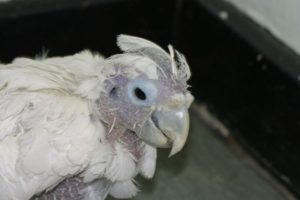
In conclusion, have all newly purchased birds tested before letting them into an inhabited aviary. Most importantly, keep your aviaries clean and feed your birds the right foods to keep them healthy and happy.

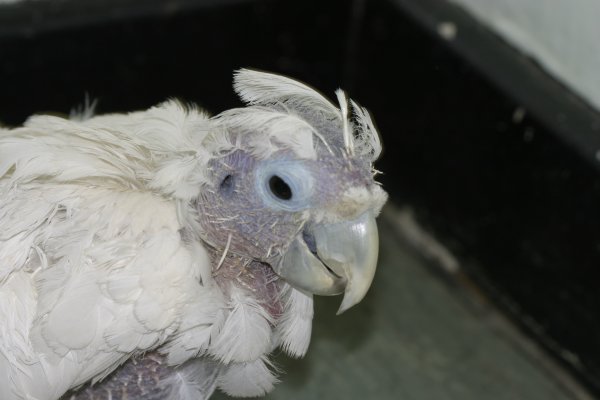
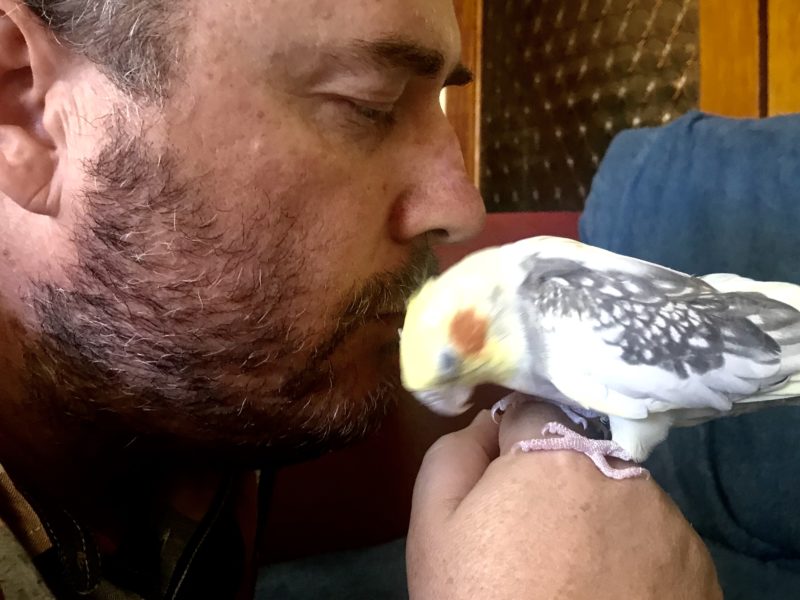
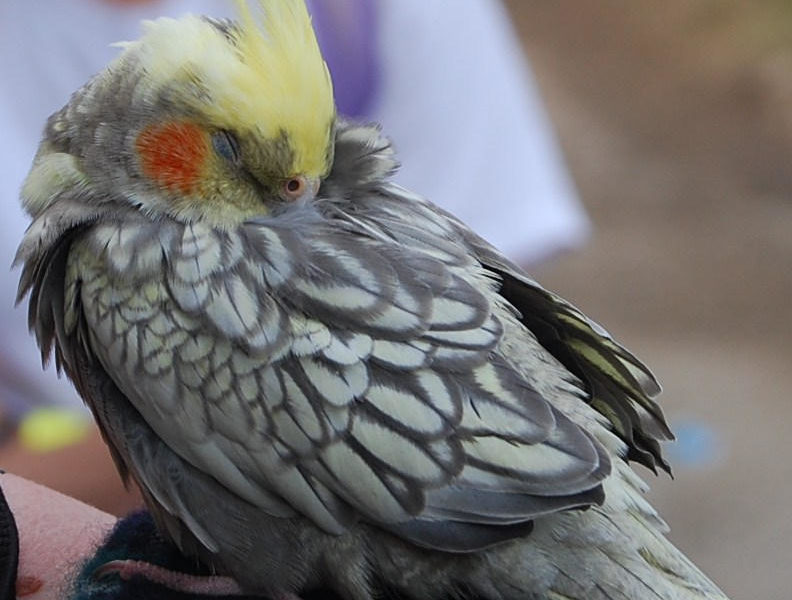
My cockatiel died faster and most death every day. Look like respiratory desease. Weak breathing. What antibiotic do you advice?
Hey Rauna, So sorry so slow getting back to you. I just saw your comment. So sorry to hear about how your cockatiels are going. I’m not a vet, so not qualified to be able to make a diagnosis. It would be hard to know without examining the bird, even for a vet. Did your birds have other symptoms before breathing became weak? There are some broad spectrum antibiotics available that can be used when you don’t exactly know what the problem is. I would research the various products and make sure you follow all the guidelines. Probably worth a chat with an avian vet.